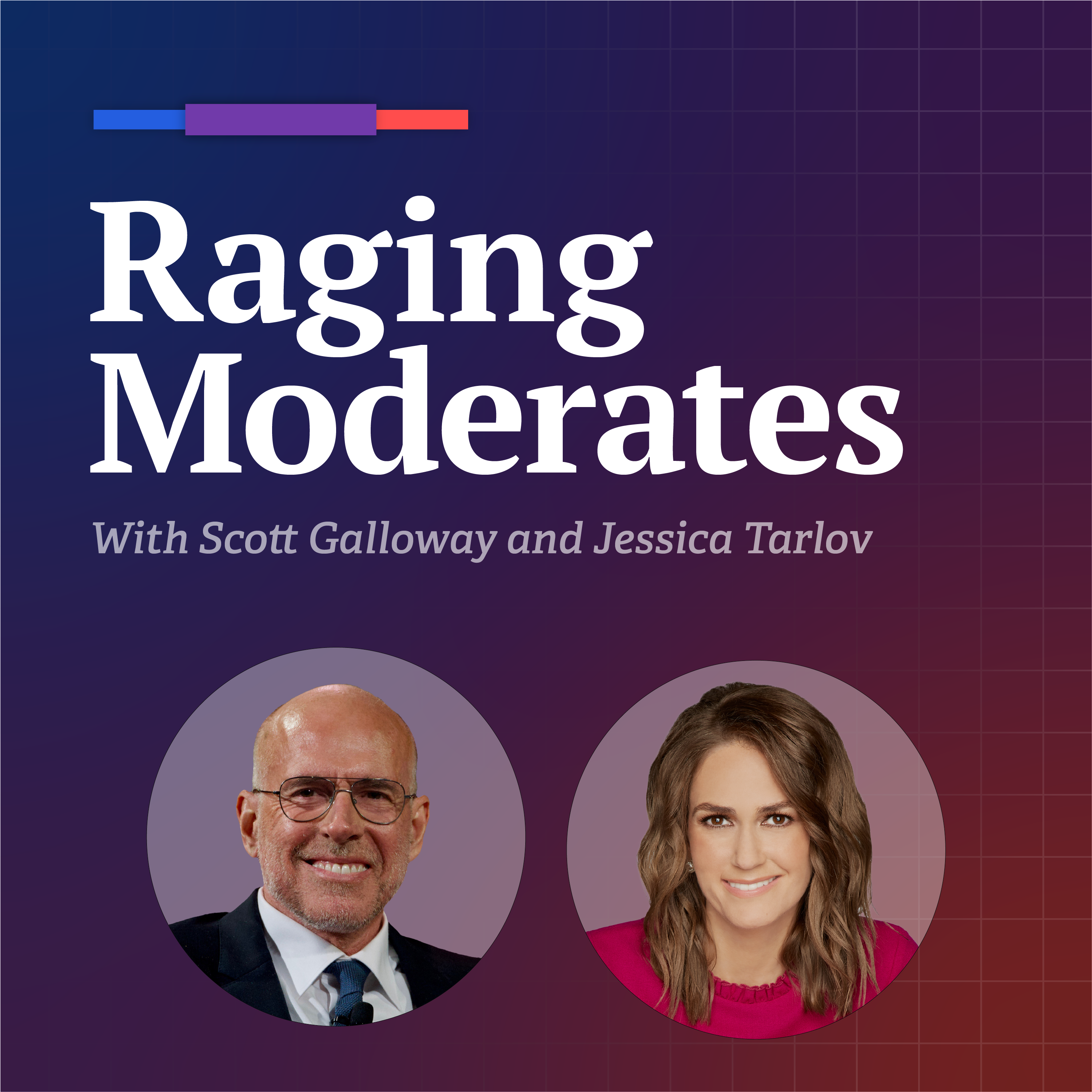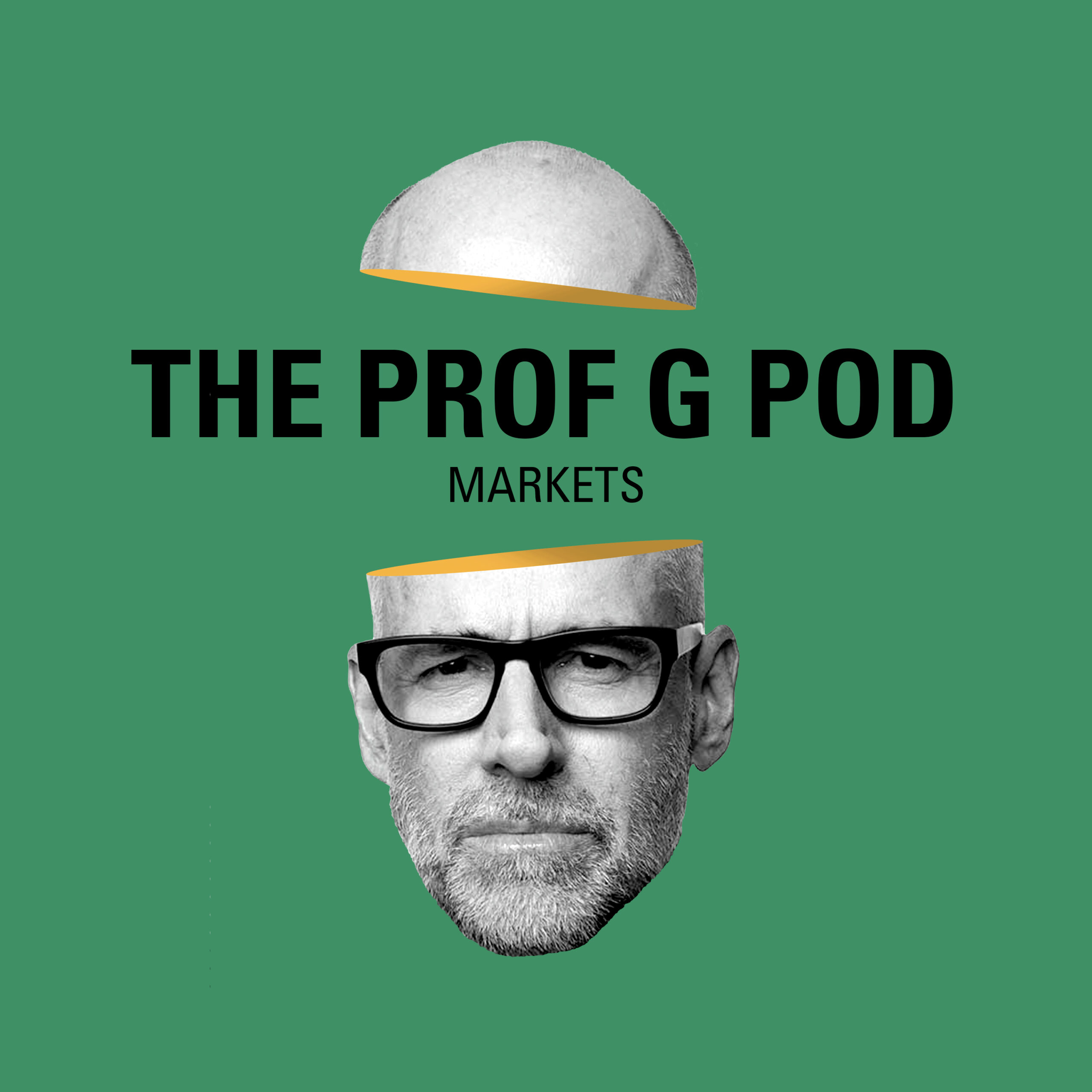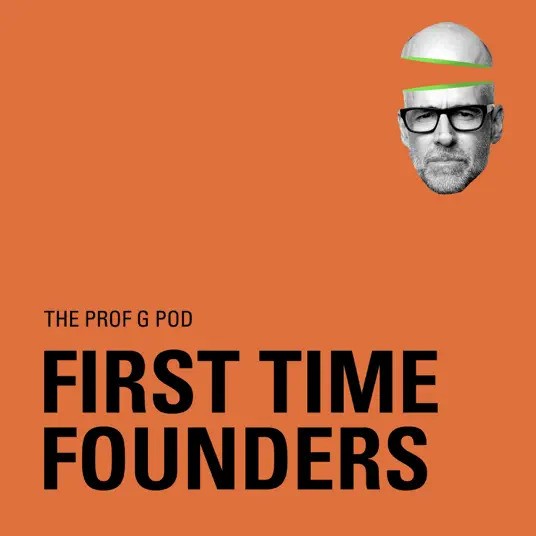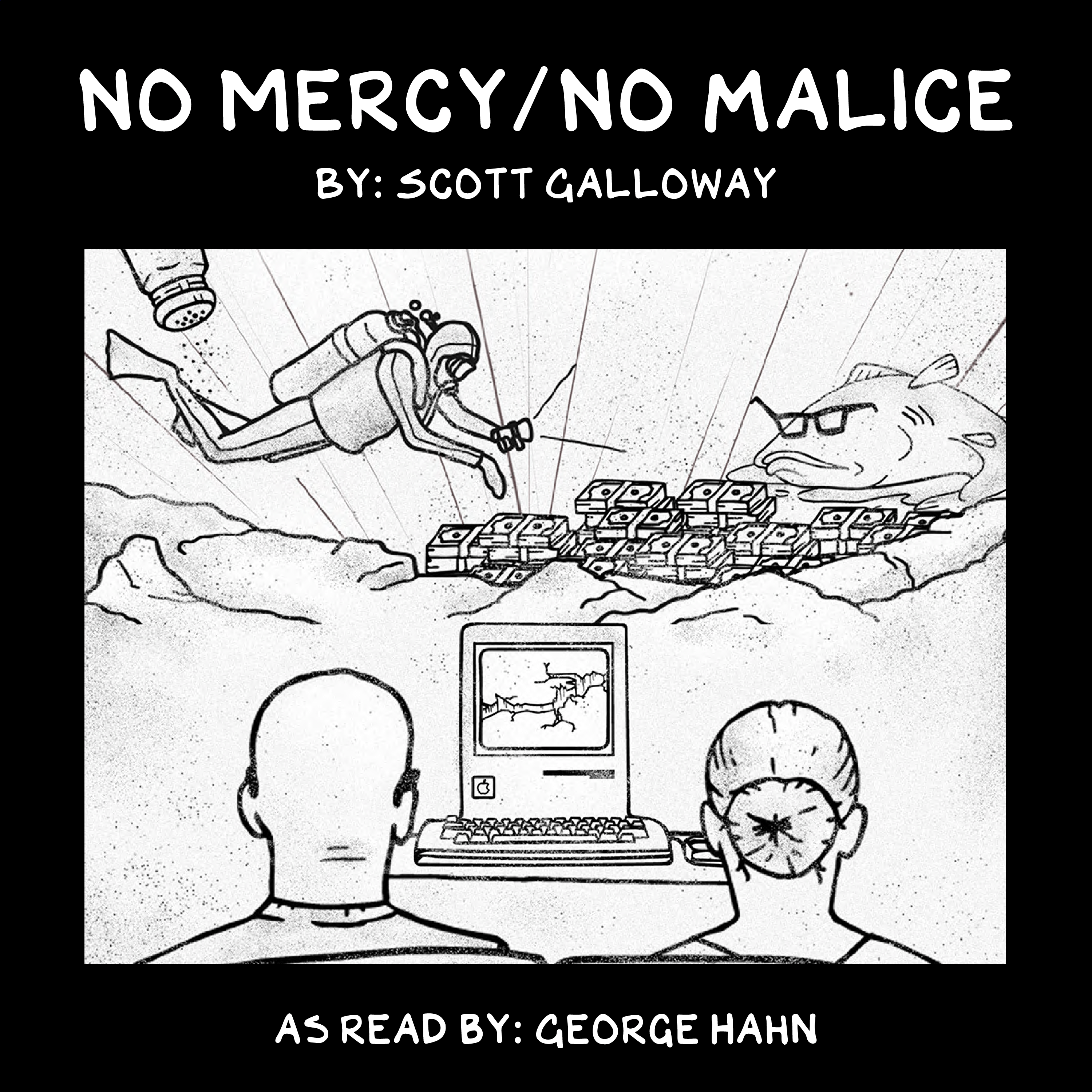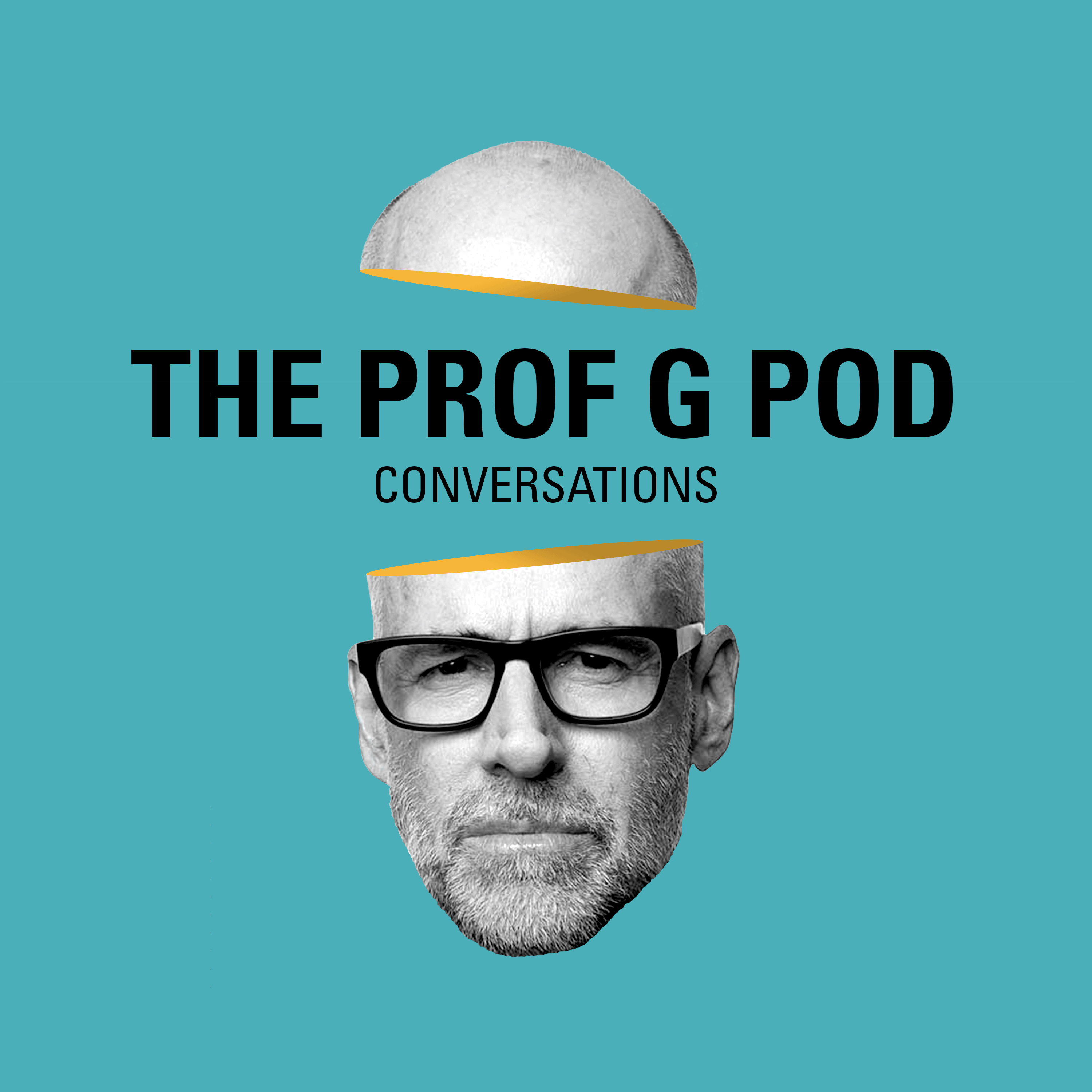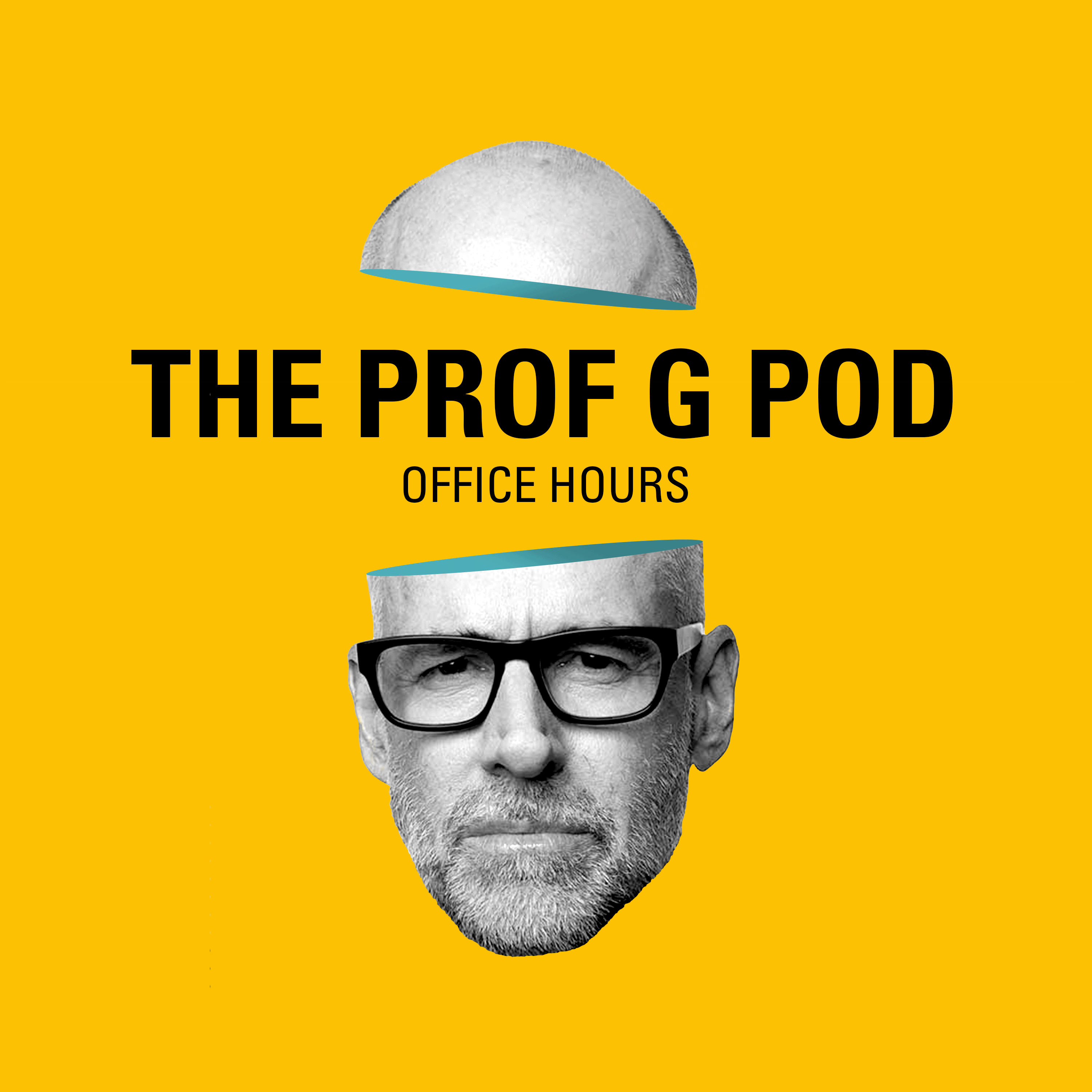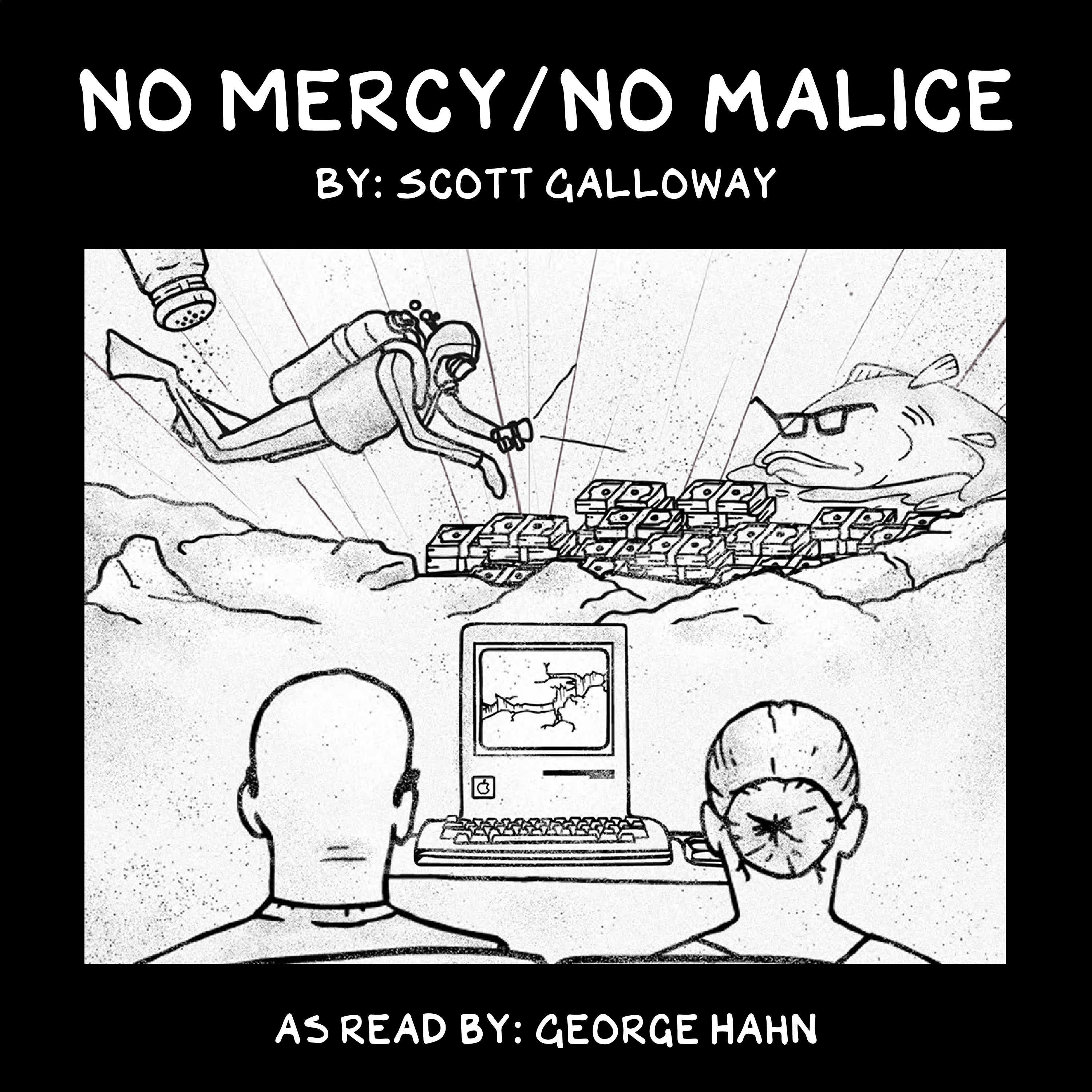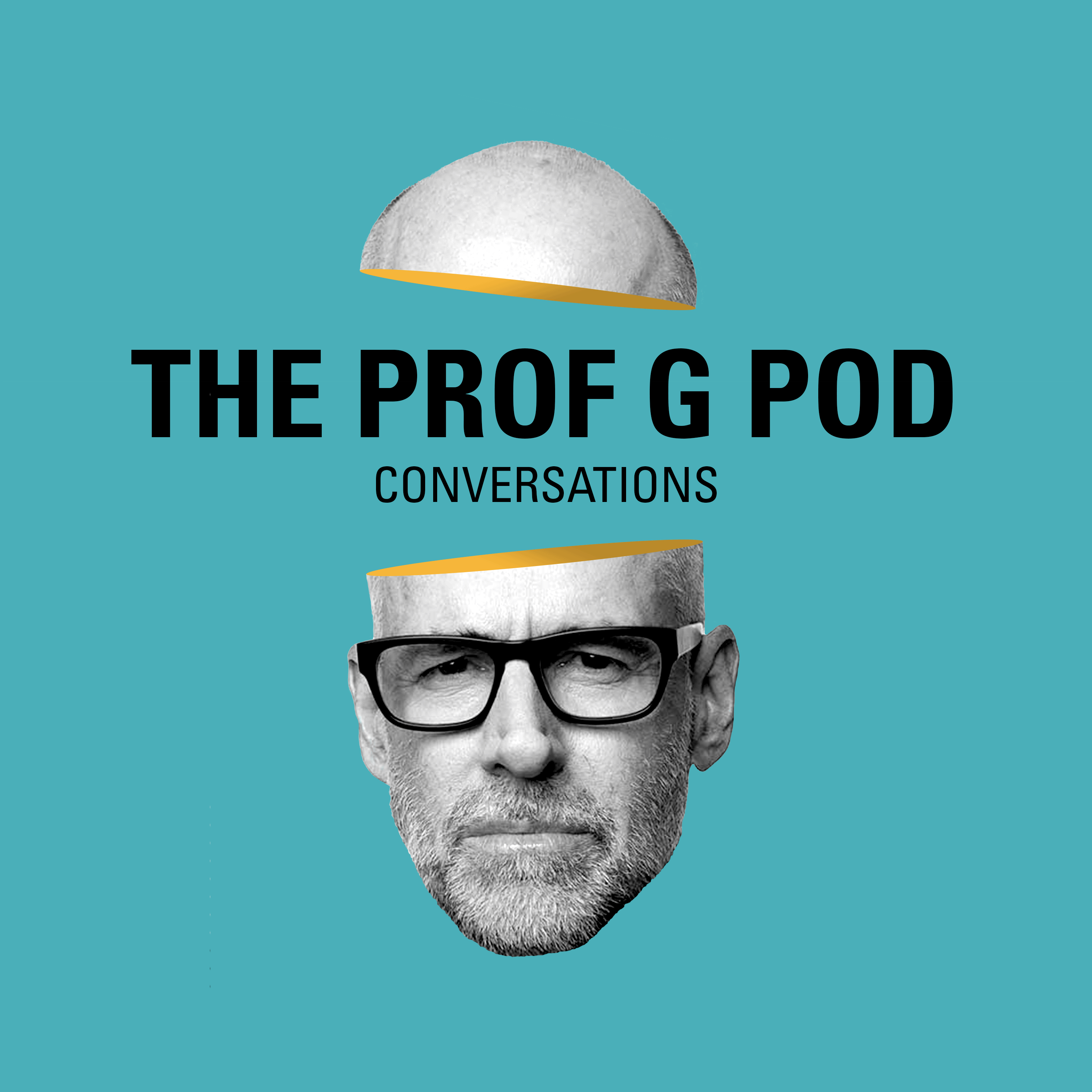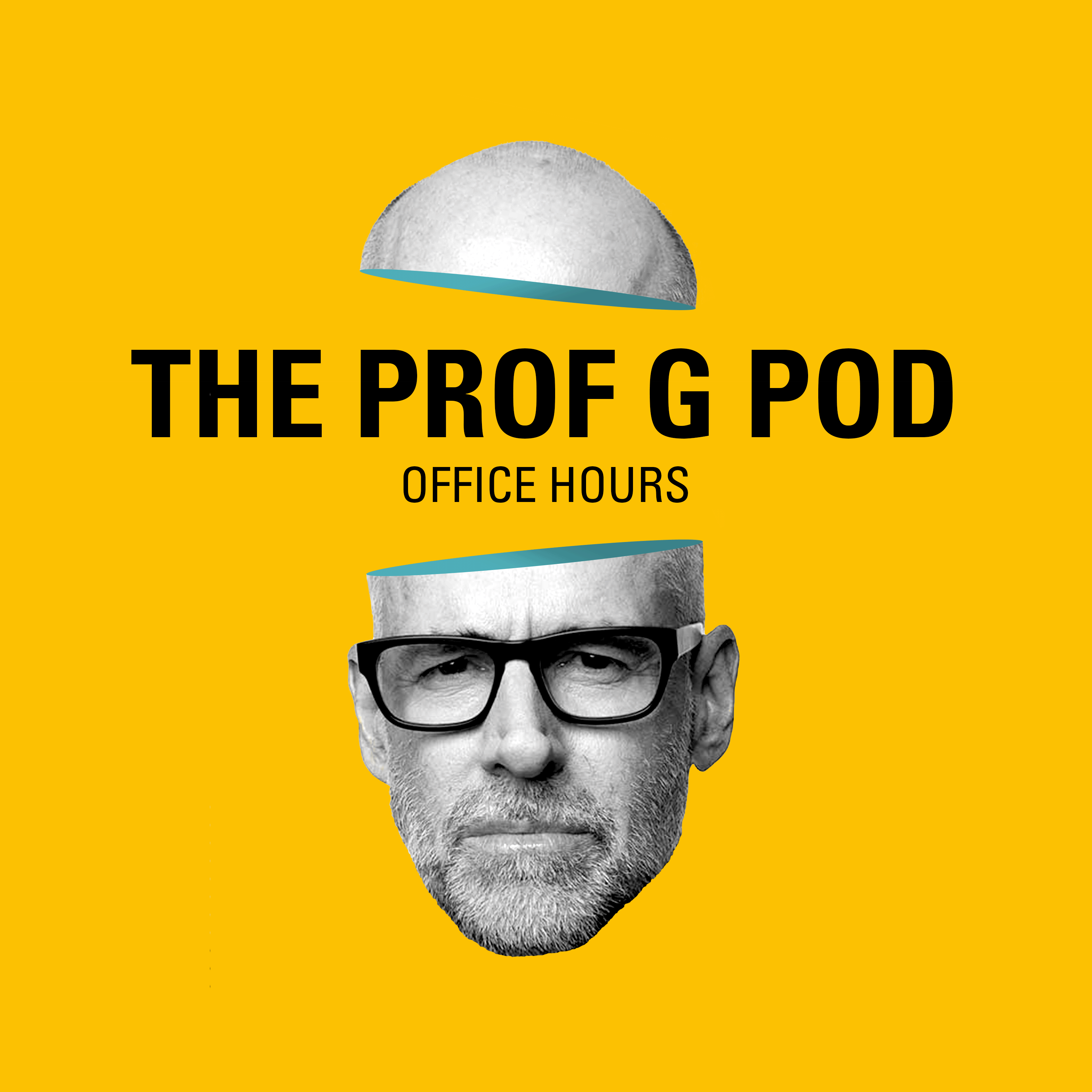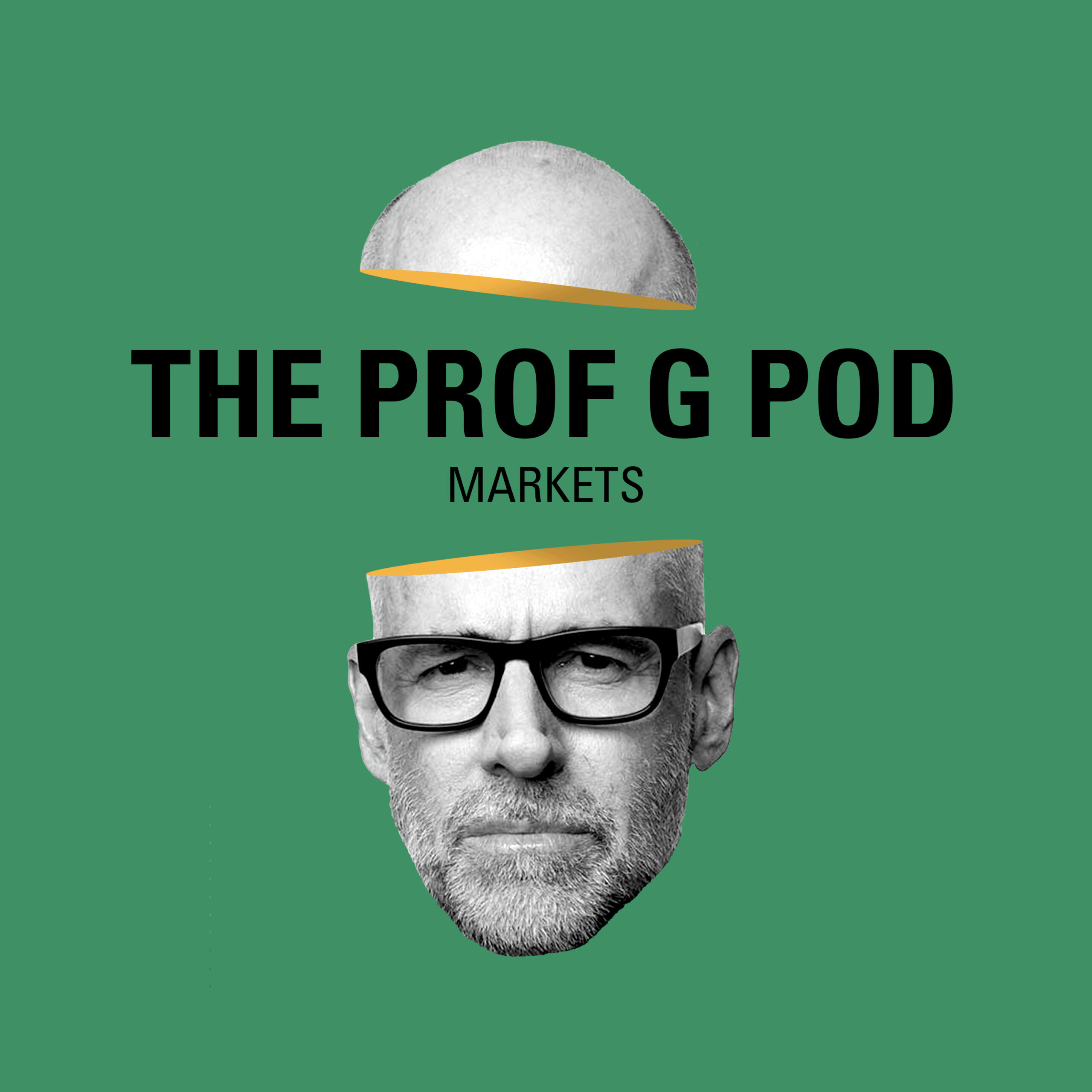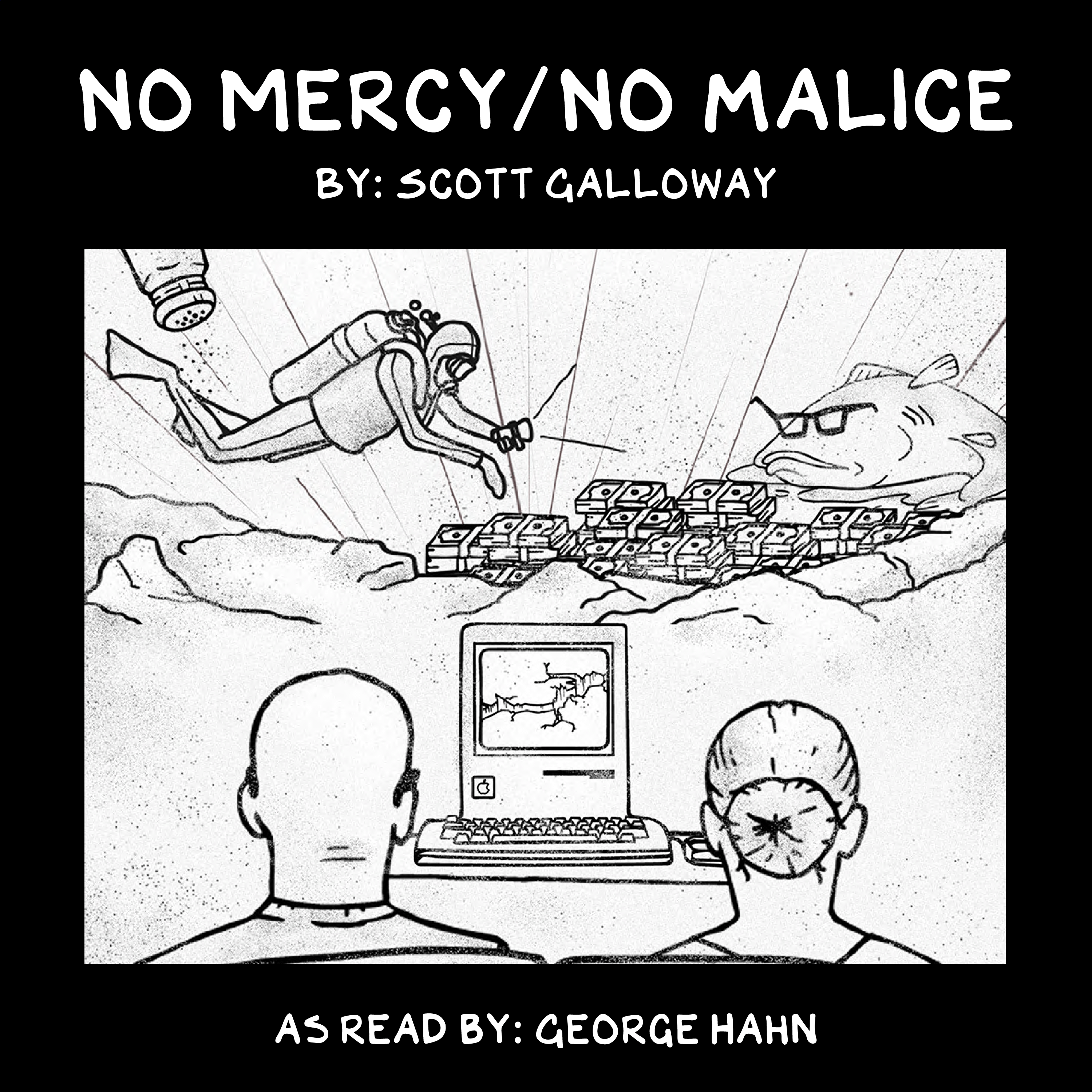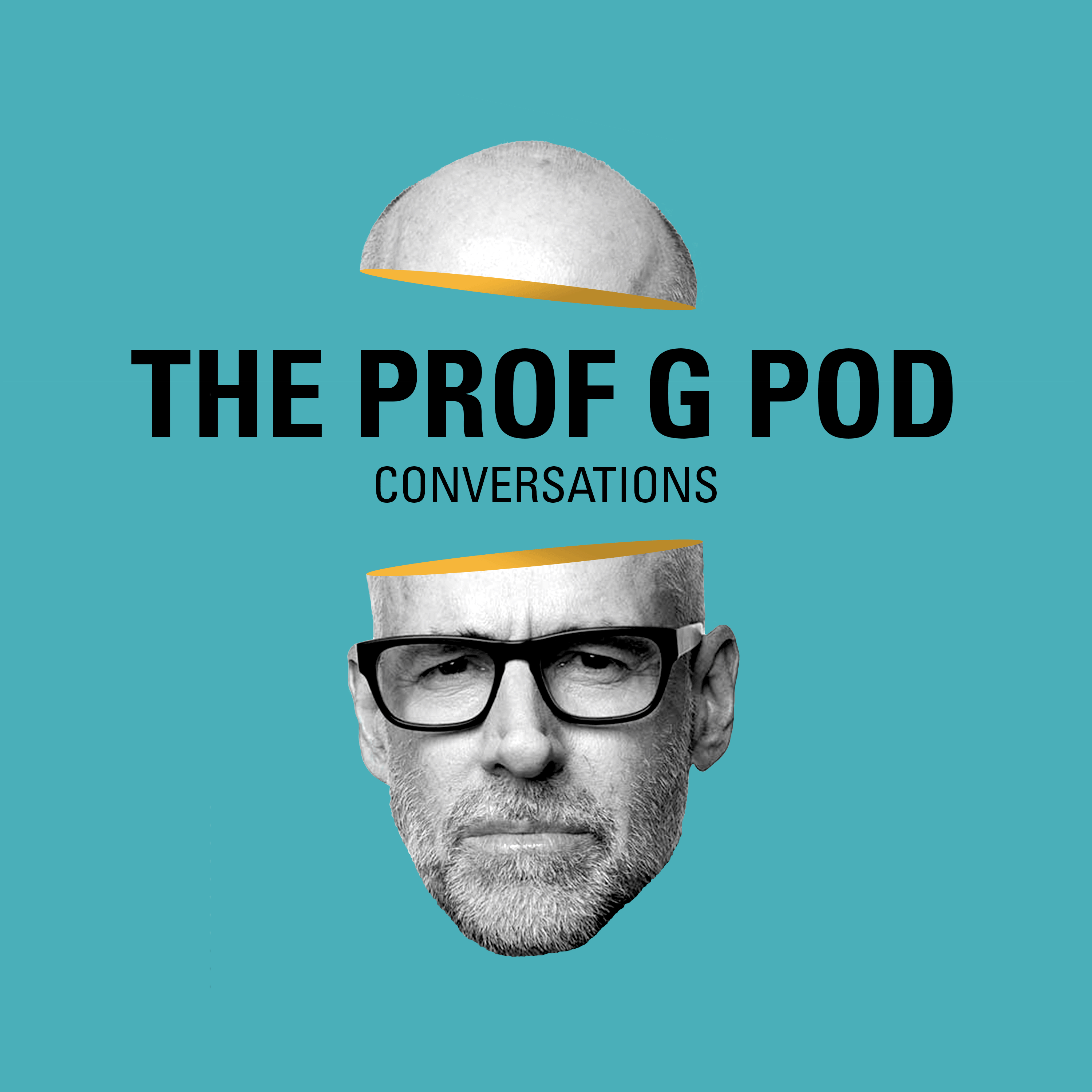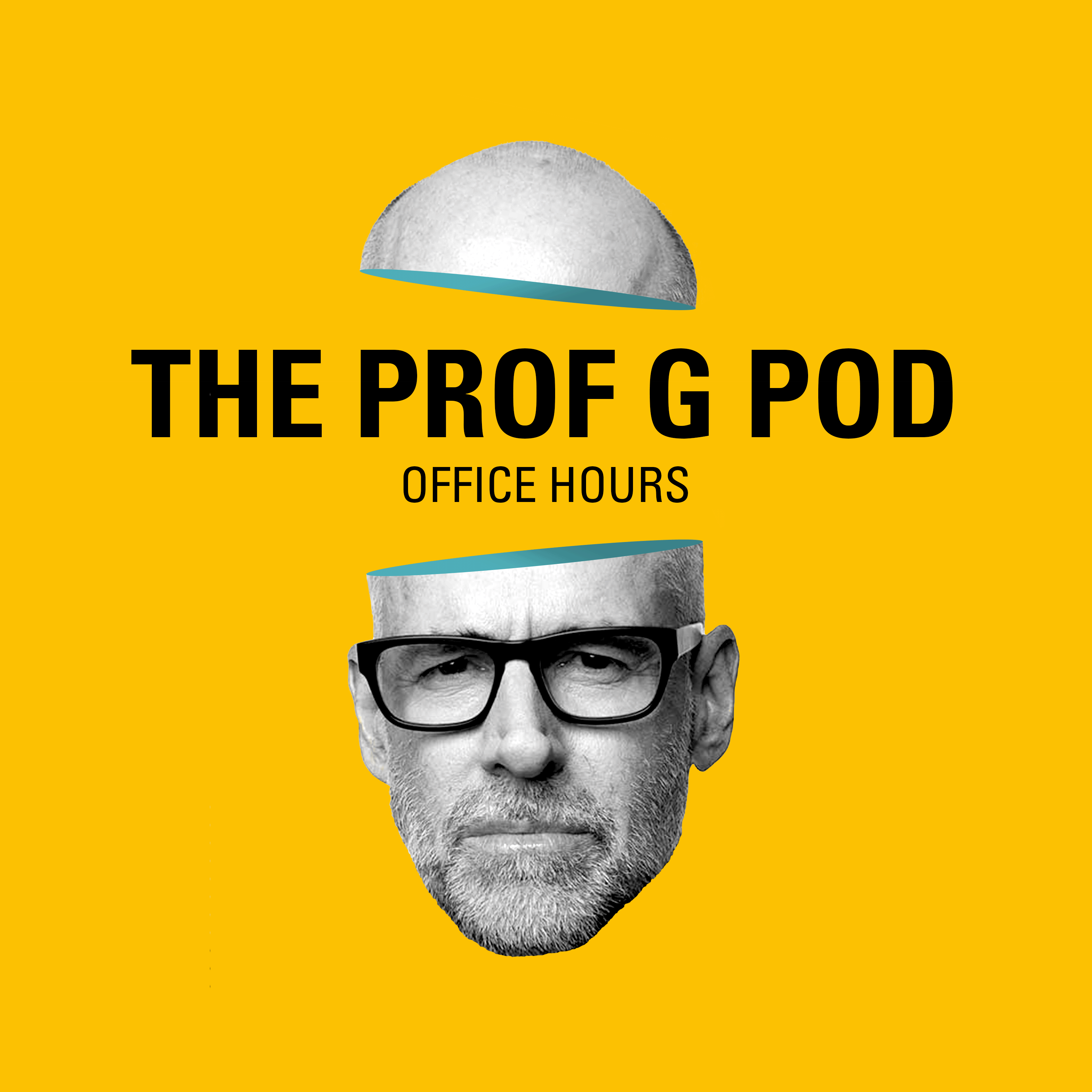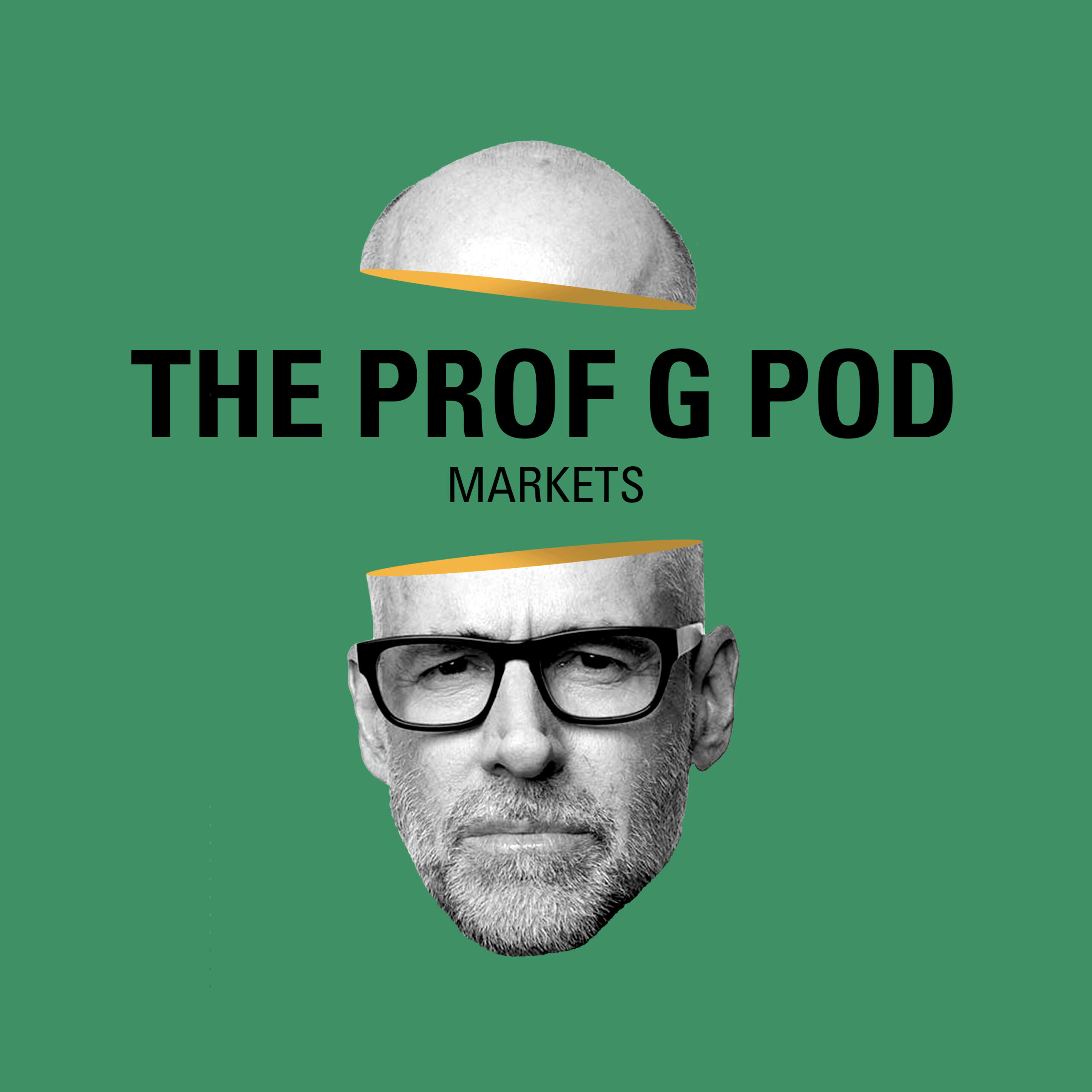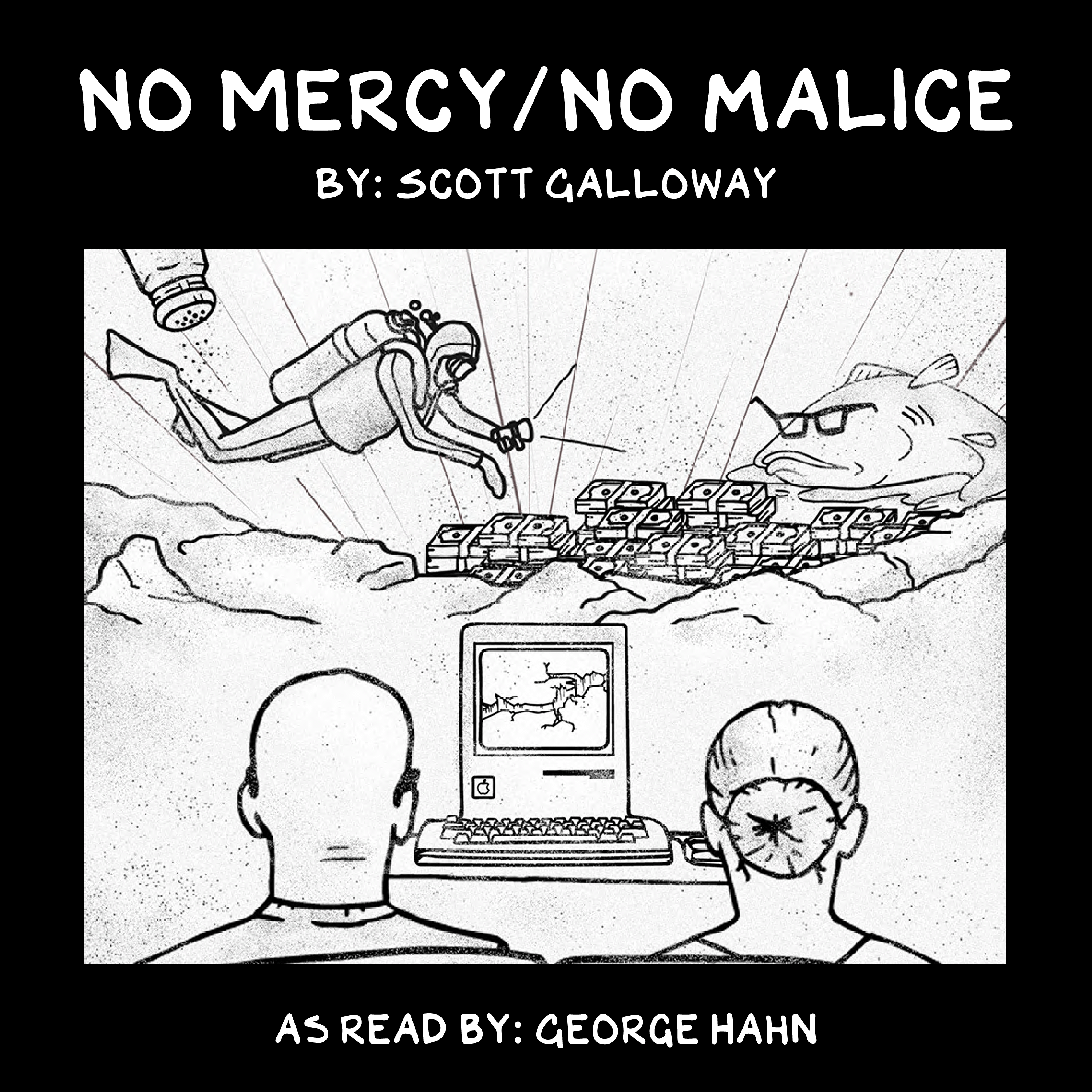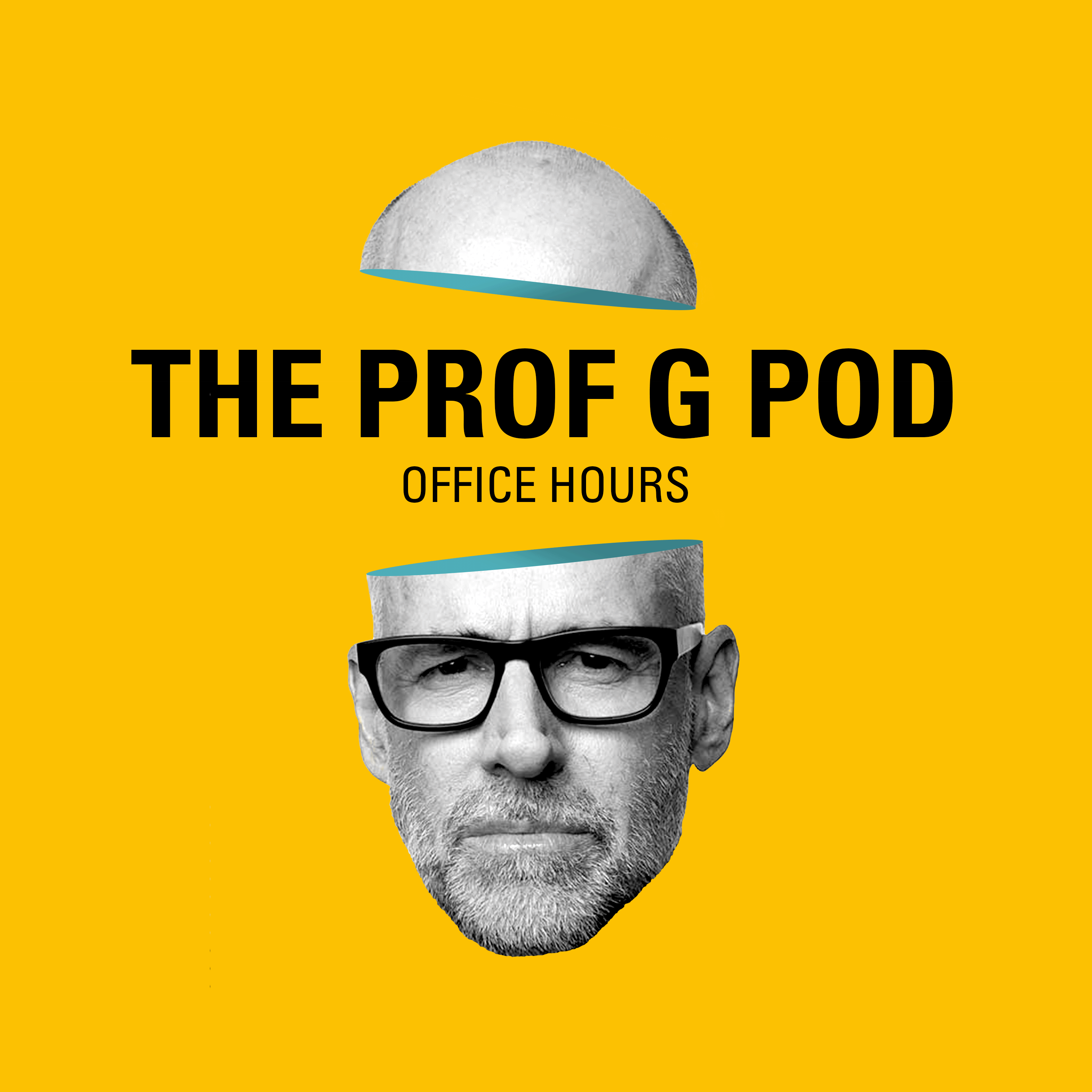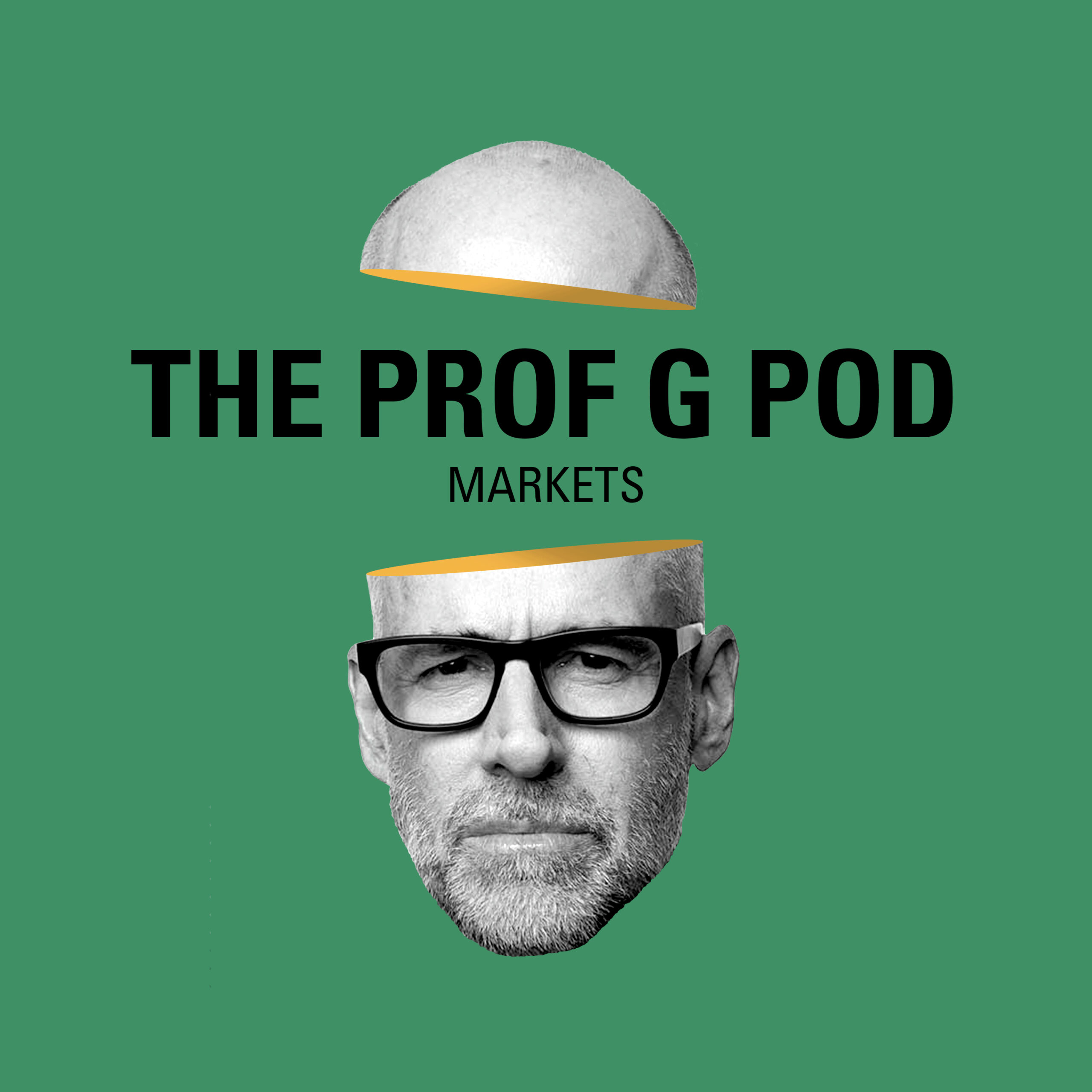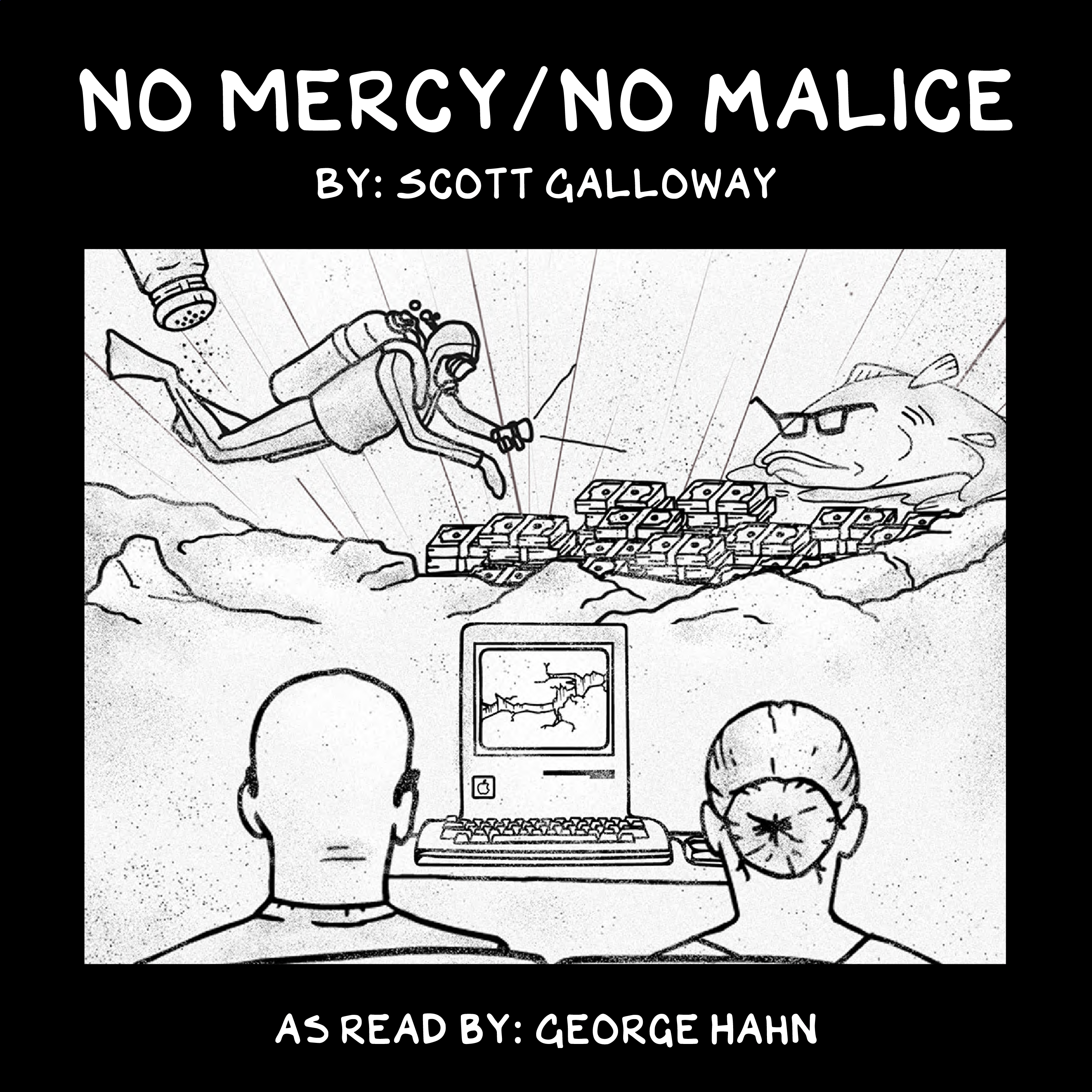Scott speaks about the business of 23andMe, specifically how it illustrates what happens when growth companies don’t meet their growth expectations. He then ...
Get ready for the election with us! Every Tuesday, Scott and The Five co-host Jessica Tarlov break down everything we need to know about the latest politics ...
Subscribe to Prof G Markets: Apple Podcasts Spotify Scott and Ed open the show by discussing the UK’s investigation into Microsoft’s Inflection acquihire, as ...
Ed speaks with Jordan Taylor and Edith Cooper from Medley, an online platform for group-based leadership development and coaching. They discuss how they dealt ...
As read by George Hahn. https://www.profgalloway.com/grief-and-love/ Learn more about your ad choices. Visit podcastchoices.com/adchoices
The Dawg is back! Scott opens with what he’s been up to the past month and shares some exciting news from Prof G Media. We’re then joined by Simon Sinek, an ...
Scott discusses Waymo’s position in the autonomous vehicle race and what he believes the future of the industry looks like. He then discusses Nike’s ...
As read by George Hahn. https://www.profgalloway.com/what-does-ai-think/ Learn more about your ad choices. Visit podcastchoices.com/adchoices
This is an episode we think you’d enjoy of Fixable, a podcast from the TED Audio Collective. Hosts Anne and Frances sat down with the Dawg for a conversation ...
Scott speaks about the FTC’s decision to ban noncompete agreements, specifically why it’s another great move from the agency’s chair, Lina Khan, to rein in the ...
Follow Prof G Markets: Apple Podcasts Spotify Scott and Ed answer listener-submitted questions about everything from how they met to their favorite ...
As read by George Hahn. https://www.profgalloway.com/optimism-as-a-default-setting/ Learn more about your ad choices. Visit podcastchoices.com/adchoices
Andrew Huberman, a neuroscientist and tenured professor in the department of neurobiology at Stanford University, and host of The Huberman Lab Podcast, joins ...
Welcome to the final episode of The Prof G Pod’s special series featuring some of our favorite Office Hours moments. Today, you’ll hear: Best of Parenting, ...
Follow Prof G Markets: Apple Podcasts Spotify Scott explains how he approaches money with his partner, his parents, and his children. He gives advice for ...
As read by George Hahn. https://www.profgalloway.com/art-of-the-plea-deal/ Learn more about your ad choices. Visit podcastchoices.com/adchoices
Nate Silver, the founder of FiveThirtyEight and Substack writer of “Silver Bulletin,” joins Scott to discuss his latest book, “ON THE EDGE: The Art of Risking ...
Welcome to the second episode of The Prof G Pod’s special series featuring some of our favorite Office Hours moments. Today, you’ll hear: Best of Career ...
Follow Prof G Markets: Apple Podcasts Spotify Scott and Ed open the show by discussing Airbnb, Disney, and Shopify’s latest earnings, as well as X’s lawsuit ...
As read by George Hahn. https://www.profgalloway.com/weapons-of-war-higher-ed/ Learn more about your ad choices. Visit podcastchoices.com/adchoices
- « Previous Page
- 1
- …
- 28
- 29
- 30
- 31
- 32
- …
- 62
- Next Page »


